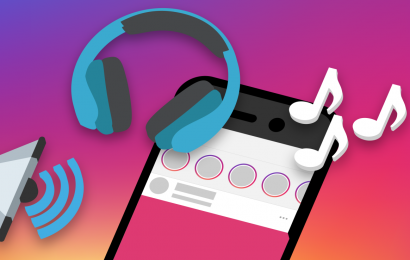Google has recently engaged in the international roll-out of their latest messaging service simply called, “Chat”. It is supposed to replace the well-known SMS text messages service on all Android phones.
Many people today own an Android smartphone and depending on the price they pay for these devices, they are provided with a series of amazing features, such as top-notch screens, HQ camera, tons of storage space and so on. But when it comes to the texting experience, Android seems to have long forgotten about bringing it up to date and adapt it to users’ needs. But things are about to change soon.
Google has spent about ten years trying (and even failing several times) to find the best solution to the text messaging issue, a feature that its greatest competitor – Apple – had already taken care of several years ago, through the release of iMessage.
Behind the scenes of “Chat”
Although there’s massive work to do in this regard, the company is determined to make Android users’ lives a lot easier. “Chat” is not seen as a mere better texting app, but rather promises to change the rules of the game and take the texting experience to a different level. The standard that this new service is based on is known under the name of “Universal Profile for Rich Communication Services”, or shortly known as RCS. It can be generally agreed that “Chat” is a more consumer-friendly name.
Worth mentioning is that Google hasn’t worked on this alone. More than 50 mobile manufacturers (such as Huawei, Samsung and LG) and networks (such as Verizon, Vodafone and T-Mobile) took part in this tremendous process.
What are the features?
Chat comes up with a series of features that were not available when sending SMS texts through the regular texting service built in on every Android phone. Some examples of such features are:
- group texts
- typing indicators
- read receipts
- videos etc.
Similar to the iMessage service, Chat will be integrated with the default app for sending SMS texts on Android phones and its the duty of each mobile operator to enable users’ access to this service. Additionally, the service will not provide encrypted messages.
Life before “Chat”
During the 1990s, the short message service, also known as SMS, was widely popular and it continues to be even today. It allows mobile phones to exchange text messages which were no longer than 160 characters, regardless of the mobile network utilized.
It’s true that there are various modern messaging apps that provide a lot of advanced features and that use the Internet instead of SMS. Android phones for instance, still come with texting service similar to SMS, yet it is called “Messages”.
In the past years, Google has tried many times to come on the market with a messaging app of its own, but each attempt has failed due to tough competition. A few days ago, the company announced the “Allo” project was put on pause, although they’ve been working on it since 2016.
Over the years, Google has adopted various messaging strategies and the four ones that are still available today are: Hangouts, Android Messages, Duo and Allo. But this “try everything” approach with respect to messaging services hasn’t brought the company the success they expected.
There’s tough competition on this market
Some of the most popular competitors of Android messages service are WhatsApp and Facebook Messenger. Not only they provide a range of features, but they also use the Internet for sending messages. The same rules apply for iMessage, the service that was launched in 2011 and that is built in on every iPhone. Thus, it is clear that Google has some serious competitors it has to overcome in this race.
There’s a chance that mobile operators would charge Android phone users a fee in order to allow them to utilize Chat once it becomes available. In the US, the mobile operator Sprint is already offering users Chat functionality and Rogers, the mobile giant in Canada has also made the service available.
Until now, Microsoft hasn’t confirmed whether or not Chat functionality will be found on Windows 10, whereas Apple decided not to sign up to this project.
All in all, Android users are already eager to see what Chat brings new to the table and whether or not it will prove to be the right solution to the text messaging issue the company has been searching for so long.



